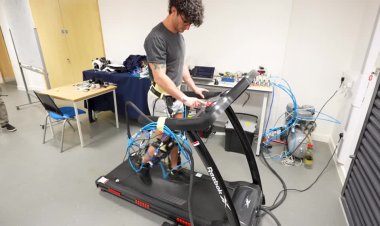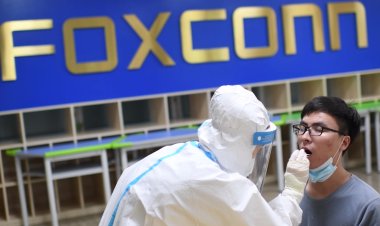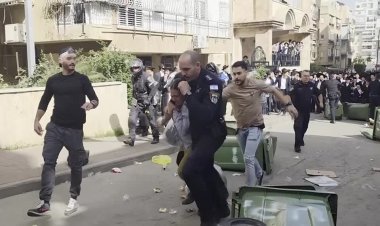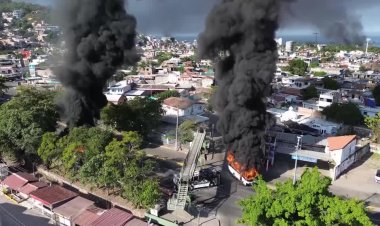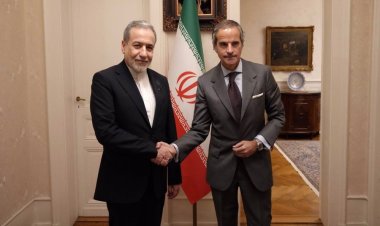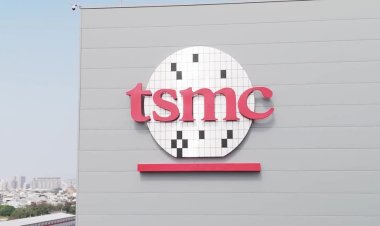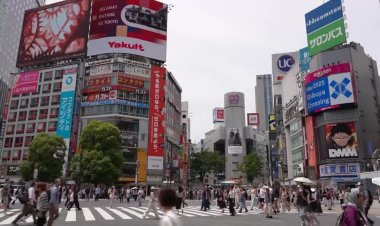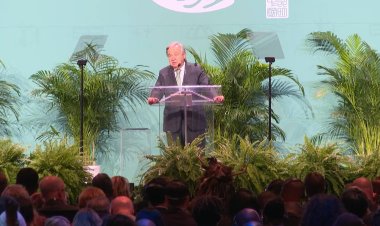Thousands of Sudanese join anti-government sit-in on its fifth day
Thousands of Sudanese protesters gather outside the presidential palace in central Khartoum to demand the dissolution of the embattled transitional government as the anti-government sit-in enters its fifth day.
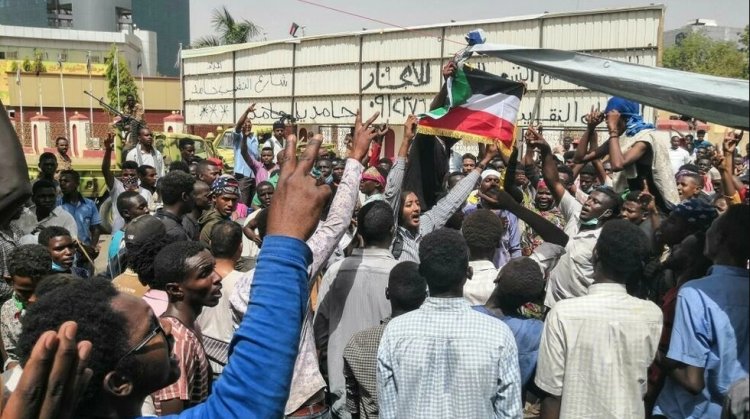
Rival Sudanese protest leaders on Wednesday urged their supporters to remain peaceful, on the eve of a critical day of demonstrations over the fate of country's fragile transition to civilian rule.
Opposing factions of the Forces for Freedom and Change have called for competing rallies Thursday.
The civilian umbrella alliance spearheaded nationwide demonstrations in 2019 that led to the ouster of president Omar al-Bashir.
The FFC's mainstream faction has supported the government of Prime Minister Abdalla Hamdok and Sudan's transition to civilian rule, while a breakaway faction has demanded the dissolution of Hamdok's government.
Protesters from the splinter faction have been holding a sit-in outside Khartoum's presidential palace for the past five days and have been calling for "military rule".
Ali Ammar, a protest leader from the mainstream FFC faction, urged Sudanese "to fill the streets (Thursday) across the country to safeguard the civilian rule and democratic transition".
"Our protest will not come near the presidential palace or the cabinet building, so there would be no friction with protesters (there)," he told a press conference Wednesday.
Nasr al-din Mohammed, another leader from the mainstream faction, urged for the protest to be "peaceful".
Meanwhile former rebel leader Mini Minawi, a key figure in the splinter faction, urged pro-army supporters to maintain order at their protest on Thursday.
"October 21 is a day of tolerance, not of incitement or violence," he told a separate press conference.
Finance minister and ex-rebel leader Gibril Ibrahim, also associated with the breakaway faction, "rejected resorting to any form of violence" during the pro-army protests.
Critics have alleged that members of the military and security forces are driving the pro-army protests and that counter-revolutionary sympathisers with the former regime are also involved.
The rising tensions come as Sudan reels from deep political splits.
Premier Hamdok has described the crisis as "the worst and most dangerous" the country has faced during the post-Bashir transition.
Sudan's government said last month it had thwarted a coup attempt that it blamed on both military officers and civilians linked to Bashir's regime.
On Wednesday, the US embassy in Khartoum voiced "strong US support for Sudan's democratic transition" and urged protesters to be "peaceful".
Senior US diplomat Payton Knopf also met officials in Khartoum ahead of a visit by US special envoy for the Horn of Africa Jeffrey Feltman at the end of the week.
On Monday, General Abdel Fattah al-Burhan, who chairs Sudan's ruling sovereign council, expressed commitment to the transition to civilian rule.




